July 14, 2025 | 10:02 GMT +7
July 14, 2025 | 10:02 GMT +7
Hotline: 0913.378.918
July 14, 2025 | 10:02 GMT +7
Hotline: 0913.378.918
The Ministry has recently released an action plan to implement Prime Minister Directive 18/CT-TTg on comprehensive domestic and international trade promotion.
The strategic emphasis on niche markets, including the Middle East, Latin America, and Halal, is a significant aspect of the plan. This change is indicative of Vietnam's proactive efforts to improve the efficacy of its exports and adjust to global fluctuations.

The Halal market is believed to have much room for growth with Vietnamese goods. Illustrative photo.
Expanding trade promotion to non-traditional markets is a solution to reduce overdependence on major partners such as the US, EU, and China, which are presently facing complex geopolitical challenges and new technical trade barriers, according to the Ministry.
In contrast, the Halal and Latin American regions present a high demand for imports, a strong growth potential, and a shortage of stable supply from Asia. There are substantial market entry opportunities in specific product segments, including agricultural goods, processed foods, green consumer products, and light industrial equipment.
In 2025, trade promotion programs will prioritize countries with high potential but low competition, such as Saudi Arabia, the UAE, and Egypt - markets with strict Halal standards—as well as Latin American countries such as Brazil, Argentina, and Mexico, where Vietnam has been negotiating or signing free trade agreements.
This method is a part of a long-term strategy to introduce Vietnamese products into high-barrier markets with limited direct competition from popular competitors, such as China, Thailand, or India.
The Ministry is transitioning from a passive to a proactive trade promotion outlook, from isolated activities to value chain-based strategies, and expanding its geographic reach. The Vietnam Trade Promotion Agency is responsible for achieving more effective market linkage by leveraging networks of trade counsellors, embassies, and industry associations, participating in key industry forums and trade fairs, and integrating more deeply into global supply chains.
The new approach will result in customized product dossiers for each target market for key product categories such as agricultural products, processed foods, green consumer goods, electronic components, and auxiliary industrial equipment. The promotion activities will incorporate market research, import demand analysis, and technical standards to guarantee a targeted impact.
The plan prioritizes standardizing the certification process and providing businesses with training in brand development and product communication for markets that require Halal certification.
The Ministry also committed to fostering technical transmission and establishing connections with Halal importers in the Middle East, Southeast Asia, and Africa, regions experiencing a significant increase in demand for Halal-certified food products. As part of this initiative, the Ministry will work alongside international organizations and bilateral partners.
Another critical component of the action plan is cross-border e-commerce. As pilot initiatives, Vietnam-branded storefronts will be introduced on digital trade platforms in familiar markets such as the US, Japan, and the EU, in addition to local platforms in Latin America and the Middle East.
Domestically, the Ministry aims to develop the internal market through initiatives like “Bringing Vietnamese Goods to Rural Areas,” trade fairs in remote regions, and consumer connection programs in industrial zones and export processing zones. Strengthening internal demand is a critical supplementary solution to assist businesses in maintaining consistent production and improving resilience in the face of international volatility, as the domestic market has untapped purchasing power.
The entire action plan is consistent with Vietnam's strategies for digital and ecological transformation and adheres to the obligations of free trade agreements such as the Comprehensive Economic Partnership Agreement (CPTPP), the European Union Free Trade Area (EFTA), and the Regional Comprehensive Economic Partnership (RCEP). It also anticipates the emergence of new technical standards, smart logistics, and sustainable consumption in all policy groups.
Growing demand for Halal-certified products is not limited to Muslim-majority nations; even in China, Russia, France, and the U.K., Halal products are popular among non-Muslim consumers.
In 2024, Vietnam exported 700,000 tonnes of cashew nuts, generating 3.8 billion USD in revenue. Thanks to Halal certification, a substantial portion of these cashews reached major markets including the United States, Europe, Australia, and the Middle East.
For cashew producers, securing Halal certification for all export-bound products is critical to satisfying market requirements in these regions.
The Halal market presents strong demand, particularly in countries with large Muslim populations, though meeting certification standards remains a significant challenge for many businesses.
Translated by Linh Linh
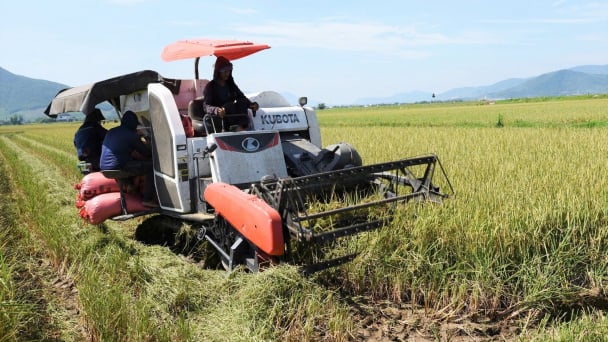
(VAN) From a 5-hectare field, the organic rice cultivation area in Ky Anh Commune has now expanded to over 50 hectares and continues to grow, aiming toward export.
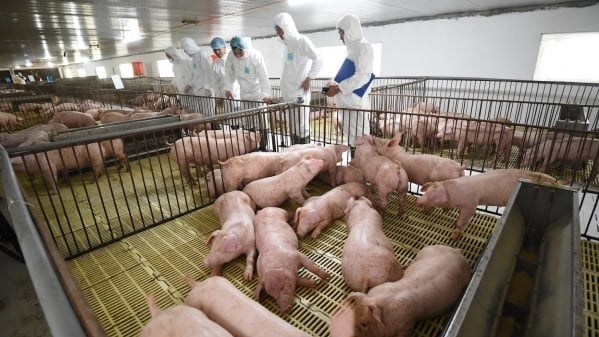
(VAN) By improving biosecurity and traceability, the Department of Livestock Production and Animal Health aims towards a sustainable pig farming industry.
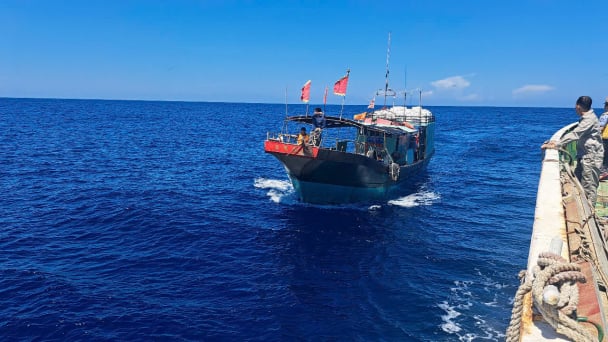
(VAN) Hai Phong has successfully resolved the issue of IUU fishing boats through decisive action, marking a major step forward in the journey to lift the European Commission’s 'yellow card' warning.
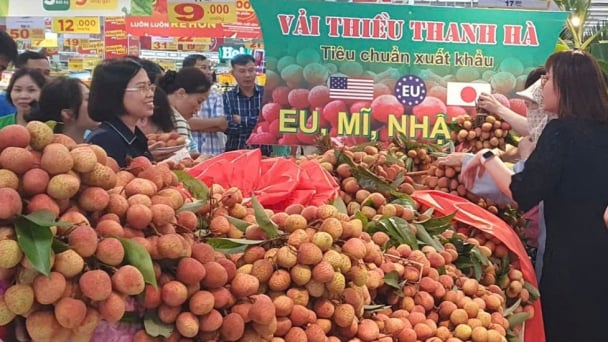
(VAN) Despite its ideal location and rich natural resources, Hai Phong's agricultural sector continues to face challenges, with fragmentation and underdevelopment, largely due to outdated processing technology.
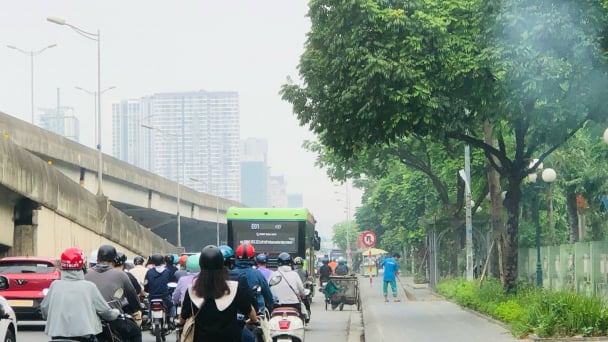
(VAN) This was the directive of Minister of Agriculture and Environment Do Duc Duy at the Consultation Conference on the Air Pollution Control Action Plan for the 2025–2030 period, held on July 5 in Hanoi.
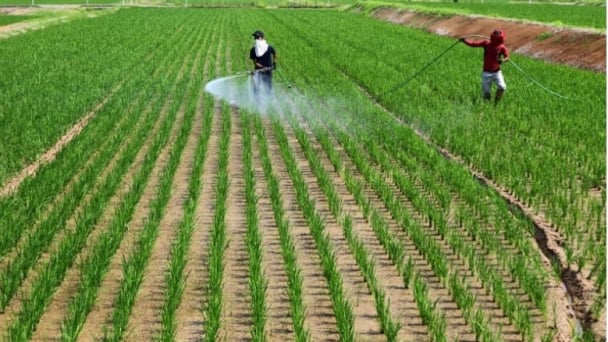
(VAN) For more than half a century, the Japanese government has encouraged rice farmers to grow less of the crop so that prices of the national staple grain remained relatively high and steady.